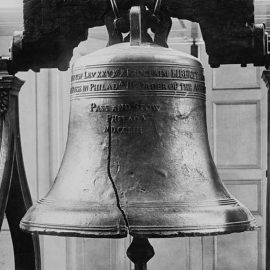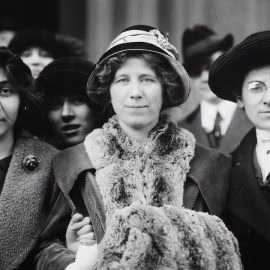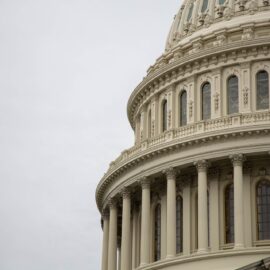

This article is an excerpt from the Shortform book guide to "A Promised Land" by Barack Obama. Shortform has the world's best summaries and analyses of books you should be reading.
Like this article? Sign up for a free trial here .
When was the repeal of “don’t ask don’t tell?” What was that policy and why did President Obama repeal it?
The repeal of “don’t ask, don’t tell” happened in 2010 during the lame-duck session. This repeal meant that LGBTQ Americans could serve openly in the armed forces.
Read more about the repeal of “don’t ask, don’t tell” below.
Repeal of “Don’t Ask, Don’t Tell”
Obama also wanted to end the military’s “don’t ask, don’t tell” (DADT) policy. This was a policy dating back to the Clinton administration that prohibited LGBTQ Americans from serving openly in the armed forces. LGBTQ troops had to hide their sexuality from their peers and superior officers and faced dishonorable discharge if they were outed—as more than 13,000 had been since the policy’s rollout in 1994. Obama considered this to be a gross injustice, particularly since it was directed against those who’d made the choice to serve their country.
A Moral Duty
In moving to end DADT, however, Obama couldn’t help but come to terms with how he had personally participated in homophobic culture, particularly as a young man. Regretfully, he recalled how he and his male peers casually used homophobic slurs and generally held LGBTQ people to be somehow alien or “other.”
But, now, as commander in chief, he recognized that he had a moral duty to end discrimination. The issue was especially poignant for him as the nation’s first African-American president. Until President Harry Truman had desegregated the military in 1947, Black troops had been forced to serve in separate units under white commanding officers. He would not perpetuate the same legacy of discrimination against LGBTQ Americans.
Mullen Comes Out in Support
Fortunately, Chairman of the Joint Chiefs of Staff General Mike Mullen and Defense Secretary Robert Gates were supportive of DADT repeal, giving the administration important and credible allies. Mullen further helped the administration’s efforts by voicing his support to Republicans on the Senate Armed Services Committee.
Although Obama could have simply issued an executive order ending DADT (and was chastised by LGBTQ activists for not immediately doing so in the wake of Mullen’s statement), he wanted to end the policy through congressional action. He feared that if he issued an executive order, it would just be overturned by the next Republican president.
Secretary Gates commissioned a study across all branches of the armed services to gauge how active duty military personnel felt about serving alongside openly gay colleagues. The results of the survey came in in late September, showing overwhelming support for ending DADT within the military.
This gave the administration enough political cover to make a concerted and successful push for repeal. On December 18, 2010 Congress passed a repeal of DADT, with a 65-31 vote in the Senate, with six Republicans voting for repeal.

———End of Preview———
Like what you just read? Read the rest of the world's best book summary and analysis of Barack Obama's "A Promised Land" at Shortform .
Here's what you'll find in our full A Promised Land summary :
- How Barack Obama went from relative obscurity to the first Black president
- What principles guided his political leadership style
- Why Obama retained an unshakable faith in the potential and promise of America






